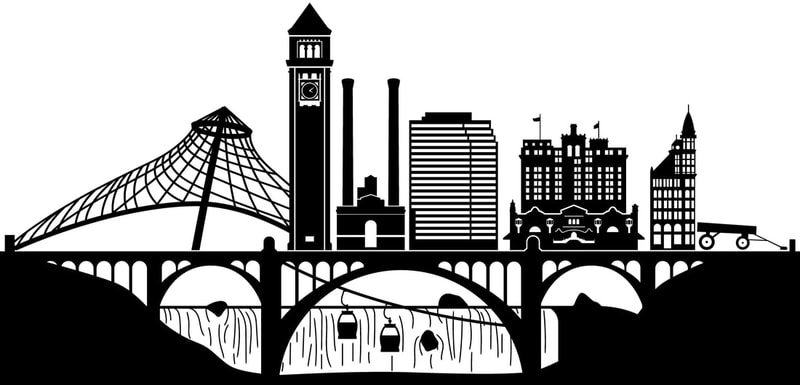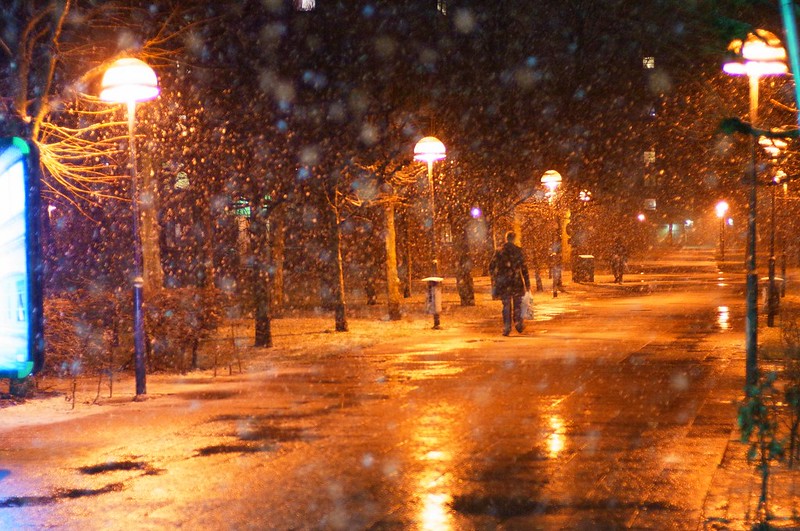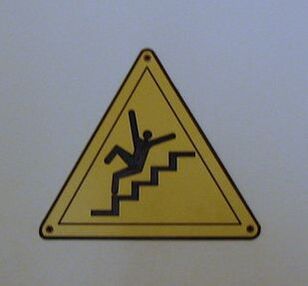|
As the weather turns colder here in Spokane it is important to make sure our seniors are staying warm and safe. Older adults can lose body heat faster than when they were young. A big chill can turn into a dangerous problem before an older person even knows what's happening. Beware of Hypothermia Hypothermia is caused by prolonged exposures to very cold temperatures. When exposed to cold temperatures, your body begins to lose heat faster than it’s produced. For an older person, a body temperature of 95°F or lower can cause many health problems. Low Body temperature affects the brain, making the victim unable to think clearly or move well. This makes hypothermia especially dangerous, because a person may not know that it’s happening and won’t be able to do anything about it. Keep Warm Inside Living in a cold house or apartment can cause hypothermia. Do not let it get too cold inside and dress warmly. Even if you keep your temperature between 60°F and 65°F, your home may not be warm enough to keep you safe. Here are some tips for keeping warm while you're inside:
Keep Warm Outside Check the weather forecast for cold and windy days. If you have to go out, wear warm clothes, and don't stay out in the cold and wind for a long time.
Some illnesses may make it harder for your body to stay warm.
What Are the Warning Signs of Hypothermia? Sometimes it is hard to tell if a person has hypothermia. Look for clues. Is the house very cold? Is the person not dressed for cold weather? Is the person speaking slower than normal and having trouble keeping his or her balance? Watch for the signs of hypothermia in yourself, too. You might become confused if your body temperature gets very low. Talk to your family and friends about the warning signs so they can look out for you. Early signs of hypothermia:
Later signs of hypothermia:
Call 9-1-1 right away if you think someone has warning signs of hypothermia. What to do after you call 9-1-1:
It is a sad fact that approximately one third of people over the age of 65 fall once or more per year. As many as 50% of these falls result in some form of injury. This includes cuts, bruises, fractures, head trauma and even death. On top of the physical harm caused by falls, they can also result in a loss of confidence and have serious long term emotional and psychological consequences. For many a fall can end up being a life changing event. It is estimated that 40% of admissions to assisted living communities are at least partly due to a fall at home.
One of the most underestimated consequences of a fall is the effect it can have on an elderly person’s confidence. For someone that has lived independently their whole life a fall can be a very frightening experience, particularly if it results in even a minor injury, or an extended period of time unable to get themselves up off of the floor. This fear can result in an understandable reluctance to avoid situations which could potentially result in further falls. This tends to manifest itself as a withdrawal from social and physical activities, with the elderly person becoming increasingly sedentary and homebound. A reduction in physical activity has a direct impact on health and fitness leading towards frailty and an increased chance of further falls. This is further compounded by the poorer diet that can result from an unwillingness to risk falls while shopping or cooking. Spending the majority of their time alone at home can also have a significant impact on mental health. As we age our reactions tend to slow, with elderly people often failing to break their fall and being unable to control how they impact the ground, floor or furniture. This can be especially dangerous in high risk areas such as the kitchen or bathroom. Fractures are a serious risk, with those to the wrist and hip being the most common. Recovery time from such breaks is higher among the elderly and often involves extended hospitalization. Hip fractures are particularly dangerous, with one in twenty of those who suffer such an injury dying in the hospital and the mortality rate rising up to one third after twelve months. Treatment often involves long hospital stays, which contribute to muscle wasting and a difficulty returning to pre-injury fitness levels. Those who recover often still suffer from long term consequences, with most struggling to climb stairs and many being unable to get out of bed unassisted. Overall, falls are the main cause of accidental death in older people. After the fall itself, elderly people often find themselves unable to get up unassisted. An extended period of time on the floor can exacerbate any injuries caused by a fall. Response time is very important, timely medical care reduces the chance for further complications and reduces the length of hospital stays. Even when no injury is caused by the fall itself, the period of time on the floor can cause harm. Dehydration is a real risk, particularly if the elderly person exerts themselves struggling to get up. These physical dangers are matched by the psychological and emotional harm that can be caused by being left helpless on the floor. A wait of hours can be a very traumatic experience, especially if in the elderly person is in pain and unsure of when help will arrive. Some falls are caused by unsteadiness or slow reactions, but many can be the result of underlying medical conditions or serious events such as heart attacks or strokes. There are a number of such serious medical problems that can require immediate intervention or treatment. If the elderly person is unable to call for help or reach a telephone a treatable problem could become far more serious and potentially even fatal. Ensuring that help is available as soon as possible is crucial to minimizing the negative consequences of a fall in the home. Emergency Alert Pendants are particularly effective at providing help in a timely manner. They can be activated by the push of a button in the event of an accident and some even have automatic fall detection. This will contact an Emergency Response Center where an operator will be able to speak to the wearer and send help if needed. The reassurance of a friendly voice immediately after a fall can be as important as the help being dispatched. The elderly person has no need to panic or risk further injury struggling to get up and does not have to worry. Knowing that this protection is in place enables the wearer to live an independent life in their own home without the fear of being stranded after a fall. Many wearers of Emergency Alert Pendants report having the confidence to remain independent in their homes and family members report greater peace of mind knowing help is available at the push of a button. |
AuthorTyice Strahl Categories
All
Archives
May 2023
|
- Home
-
Settings
- Assisted Living
- Home Care
- Independent Living
- Memory Care
- Skilled Nursing
- Adult Family Homes
-
All Communities
>
- Aspen Quality Care
- Avamere South Hill
- Brighton Court
- Brookdale Nine Mile
- Brookdale Park Place
- Cheney Assisted Living
- Cherrywood Assisted Living
- Colonial Court
- Cornerstone Court
- Evergreen Fountains
- Palouse Country
- Fairview Assisted Living
- Fairwinds
- Fairwood
- Fieldstone Memory Care
- Good Samaritan
- Maplewood Gardens
- Moran Vista
- North Point Village
- Orchard Crest
- Pine Ridge Memory Care
- Emilie Court
- Ridgeview Place
- Riverview Retirement
- Rockwood Retirement Community
- Rose Pointe Assisted Living
- Royal Park
- South Hill Village
- Sullivan Park Assisted Living
- Sunshine Health Facilities
- Touchmark Assisted Living
- Willow Grove
- Wind River
- Alderwood Manor
- Franklin Hills
- Manor Care
- North Central Care Center
- Providence St Joseph
- Regency at Northpointe
- Royal Park Health and Rehabilitation
- Spokane Veterans Home
- The Gardens on University
- Spokane Assisted Living Directory
- Locations
- Services
- About
- Senior Living Blog
- Contact



 RSS Feed
RSS Feed
